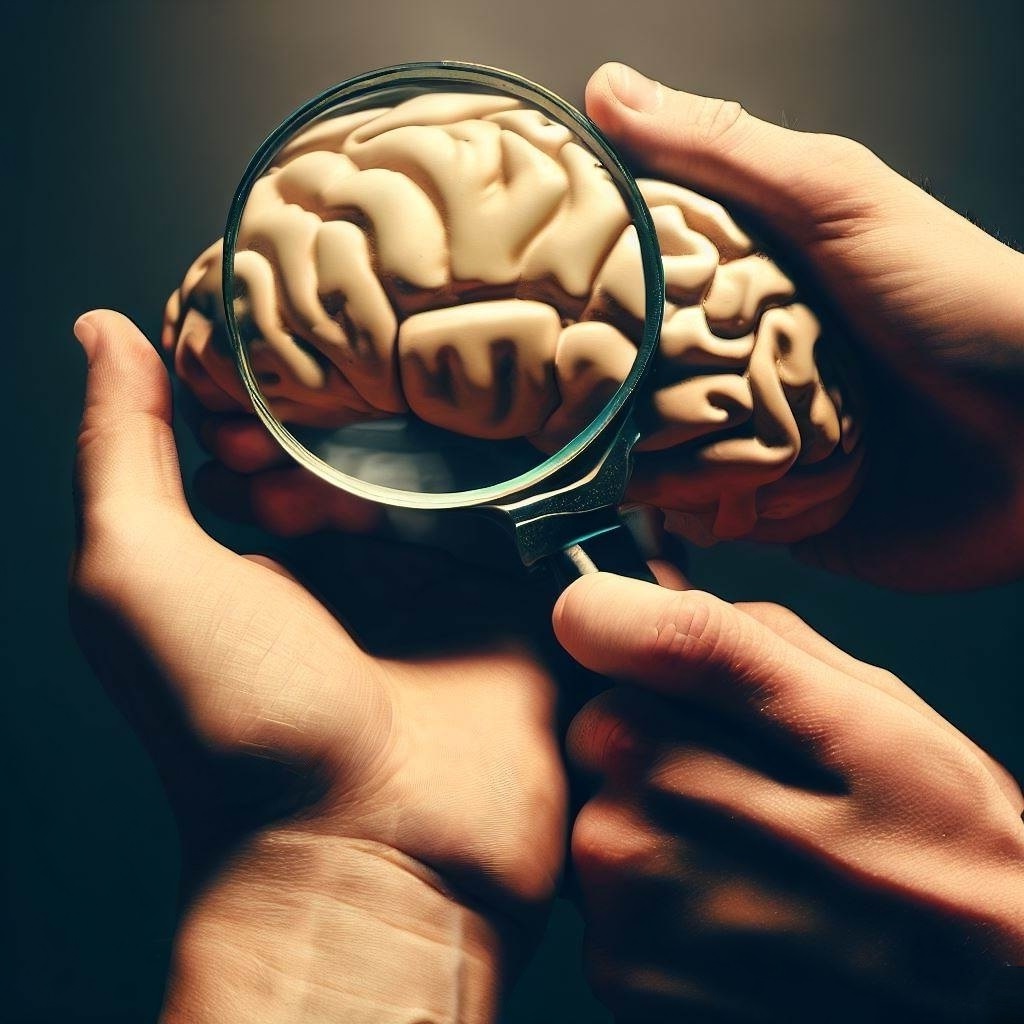Imagine you’re waking up to a morning haze, unsure of how you got here or what happened just hours before. What if these blank slates, these memory gaps, were part of your everyday life? Living with seizures and the often-accompanying memory loss can be challenging, but what’s even more difficult is helping your loved ones understand what you’re going through. So, how do you bridge that gap? How do you make your partner not just sympathize, but truly comprehend your struggle? The following guide is aimed to do just that. Let’s delve into the mysterious world of seizures and memory loss, and explore the ways your partner can offer you the understanding and support you need.
Table of Contents
- Understanding Seizures and Memory Loss
- Open Communication: Your Key to Understanding
- Fostering Patience and Compassion
- Practical Steps for Daily Support
- Bridging the Gap: Engaging in Activities Together
- Seeking Professional Help: Therapists, Support Groups, and More
Understanding Seizures and Memory Loss
Ever wonder why seizures and memory loss go hand in hand? Here’s the science behind it. Seizures can cause short-term memory problems and sometimes, even long-term memory loss. These memory issues can add an extra layer of complexity to the lives of individuals living with seizures. Sounds like a double whammy, doesn’t it?
But don’t fret! Understanding is the first step towards managing these issues, for you and your partner. And remember, knowledge is power!
Open Communication: Your Key to Understanding
So, how can your partner truly understand what you’re going through? The answer is simpler than you think – communication. Yes, good old chit-chat! Encourage your partner to ask questions and share your experiences openly. This builds empathy and ensures your partner doesn’t feel lost in the shuffle.
Remember the time when you couldn’t recall that funny joke you heard at the party? Or that time when you forgot the plot of your favorite TV series? Well, those instances can be a good starting point for your partner to imagine what it’s like to experience memory loss on a daily basis.
Fostering Patience and Compassion
Understanding seizures and memory loss isn’t a one-time event. It’s a journey. Your partner might feel frustrated or helpless at times. And you know what? That’s okay. Encourage them to be patient and compassionate, both with themselves and with you.
Just like that time when you were learning to ride a bicycle, you fell, got up, and tried again. It’s all about resilience and understanding that it’s okay to not have all the answers right away.
Practical Steps for Daily Support
While emotional support is crucial, practical steps are equally important. Your partner can help by keeping track of important details, helping manage medication schedules, or assisting you in maintaining a healthy lifestyle.
It’s like your partner is your very own Sherlock Holmes, helping you fill in the missing pieces of your memory puzzle!
Bridging the Gap: Engaging in Activities Together
Nothing bonds two people more than shared experiences. Engage in activities that you both enjoy. This not only strengthens your bond but also creates new, shared memories.
Think of it as adding vibrant, unforgettable colors to the canvas of your relationship!
Seeking Professional Help: Therapists, Support Groups, and More
There’s no harm in seeking professional help. Therapists and support groups can provide guidance and coping strategies. They’re like your friendly neighborhood superheroes, equipped with the tools to help you navigate this journey.
In fact, the Epilepsy Foundation offers several resources and support groups that could be just what you’re looking for.
In the end, remember that every journey is unique, and so is yours. And while seizures and memory loss may seem like formidable foes, with understanding, support, and a dash of humor, you and your partner can face this challenge together. Because at the end of the day, it’s not just about battling seizures or memory loss, it’s about cherishing the love, empathy, and resilience you share as a couple. So, ready for this adventure?
Epilepsy: Understanding the Complexities of a Neurological Disorder
The Amazing Brain: How Neuroscience Reveals the Secrets of Our Mind
